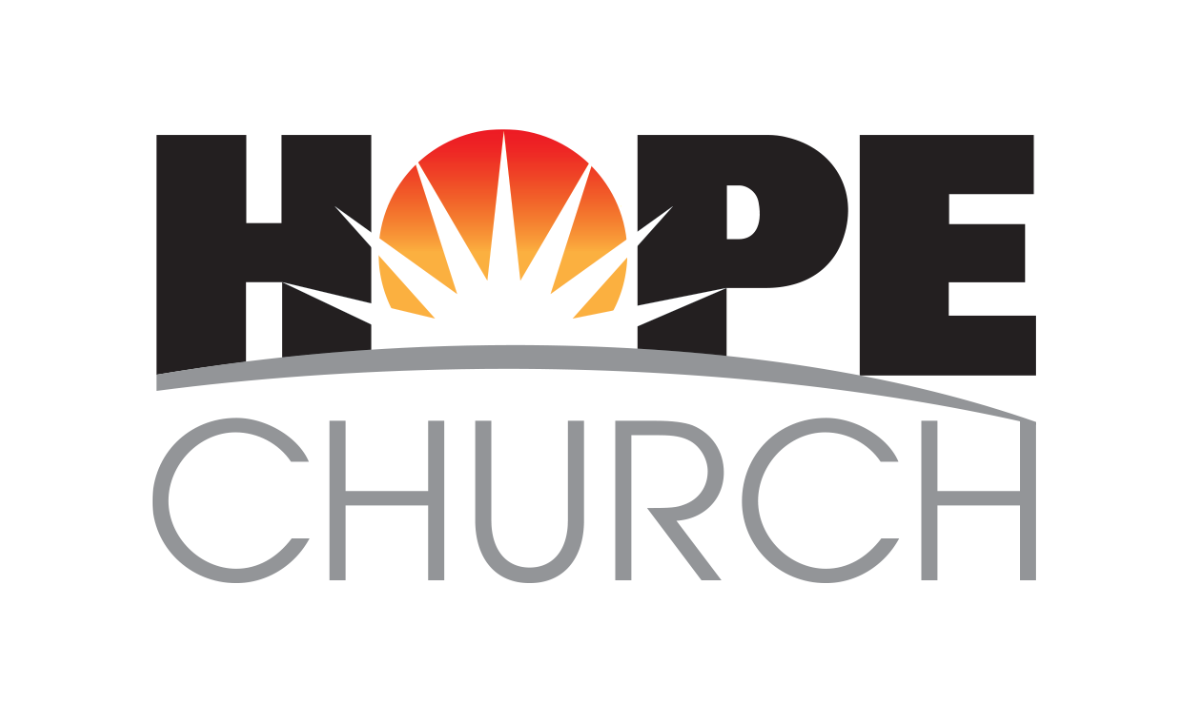The Lies We Tell Ourselves
Recently, I took a guided tour of the McLeod Plantation near Charleston, SC. Before we began, our guide, Paul, asked me why I chose to tour this plantation instead of the many others in the vicinity. “It is my understanding that it shares the history of the from the perceptive of the slaves, rather than the slave owners,” I replied. Paul smiled and asked me if I read his “Yelp” reviews.“No sir,” I replied. “Well, I have gotten a lot of 5-stars and a lot of 2-stars. But the comments are all the same. I am going to tell it from the perspective you requested. For those of you that will be uncomfortable with this, please dismiss yourself, take a nice walk around the grounds and get what you came here for ,” Paul said. He began saying, “I want you to know two things before we begin. First, the word “Plantation” is just a euphemism. A nice word that is used as a substation because the plain truth is too graphic to utter publicly…It was a nice way to say, ‘slave labor camp.’” “The second thing I want you to know,” he continued, “is that the plantation never really looked like what you see today. These glorious columns on the porch, the beautiful rows of majestic trees and pristine gardens were all added a half-century later in the 1920s. This was done throughout the region in order to create a glorious image of a horrible past. It was a concerted social effort to rewrite history. It was to create a narrative to portray slavery as a benevolent and sophisticated economic system rather than the violent, systemically oppressive institution that it really was.” One of the things this made me think about was the extent all of us can go to personally avoid painful truth in our own lives. I began to think of how we do it in society and I began to think of how we do it to ourselves. Instead of facing the unpleasant truth, we find it easier to manufacture an alternate reality. We create “alternative facts” to justify our actions and we find it easier to live in a filtered, virtual reality. I am convinced that no one lies to us more than we lie to ourselves. Furthermore, we go to great lengths to lie to ourselves. In order to lie to ourselves, we have to alter facts, mischaracterize the intentions of others, reorder events and reframe conversations. It takes a lot to keep a lie that we tell others from being exposed to others. It takes even more to keep a lie we tell ourselves from being exposed to ourselves. Like Adam, David, and many others through life, it can be tempting to cover up our sin, blame others, or explain it away. But there is great liberation in confession. In fact, scripture teaches that:
- Confession leads to healing. James writes: “Therefore, confess your sins to one another and pray for one another, that you may be healed.” (James 5:16)
- Confession leads to forgiveness. John writes that, “If we say we have no sin, we deceive ourselves, and the truth is not in us. If we confess our sins, he is faithful and just to forgive us our sins and to cleanse us from all unrighteousness.” (1 John 1:8-9)
- Confession leads to restoration. God tells his people Israel (2 Chronicles 7:14) “If my people who are called by my name humble themselves, and pray and seek my face and turn from their wicked ways, then I will hear from heaven and will forgive their sin and heal their land.”
We have a God that knows all the facts that we are unwilling to admit to ourselves. When we confess our sins to God, we are not revealing something that He doesn’t already know. We simply are agreeing with Him and acknowledging our need for forgiveness, healing, and restoration. Confessing our wrongs to Christ does not lead to condemnation, but to liberation. The path to reconciliation and restoration always starts with acknowledging the past so that we can move forward. To have a hopeful future, we must acknowledge our unpleasant past. Photo Credit: McLeod Plantation, Charleston, South Carolina. Captured by Jaden Bunger, March 2022.

